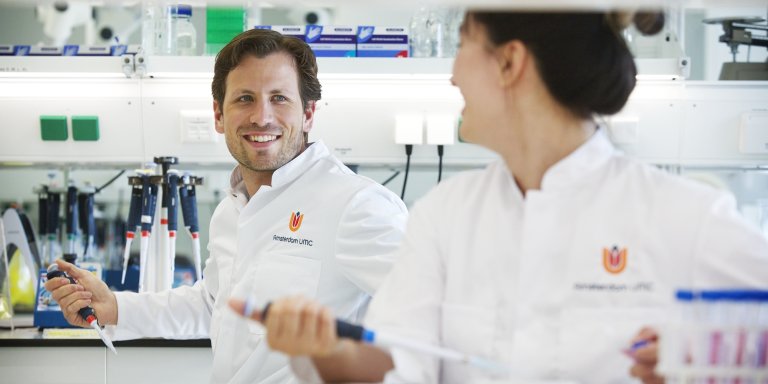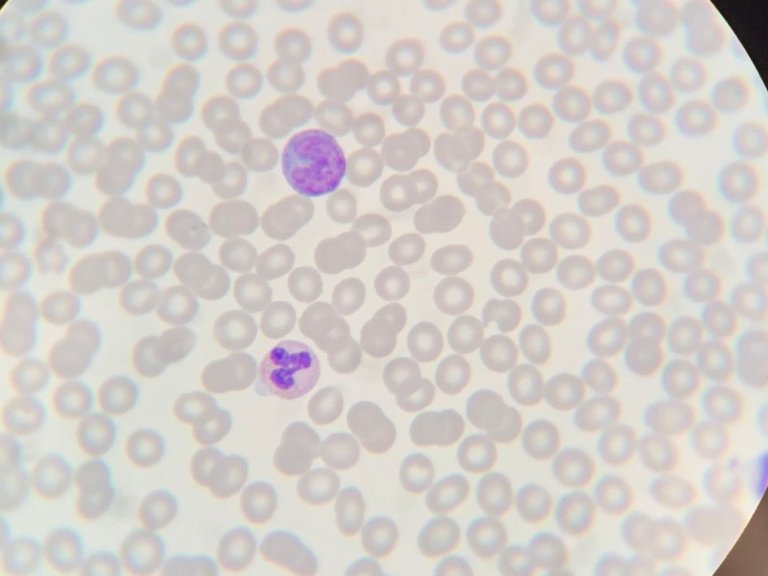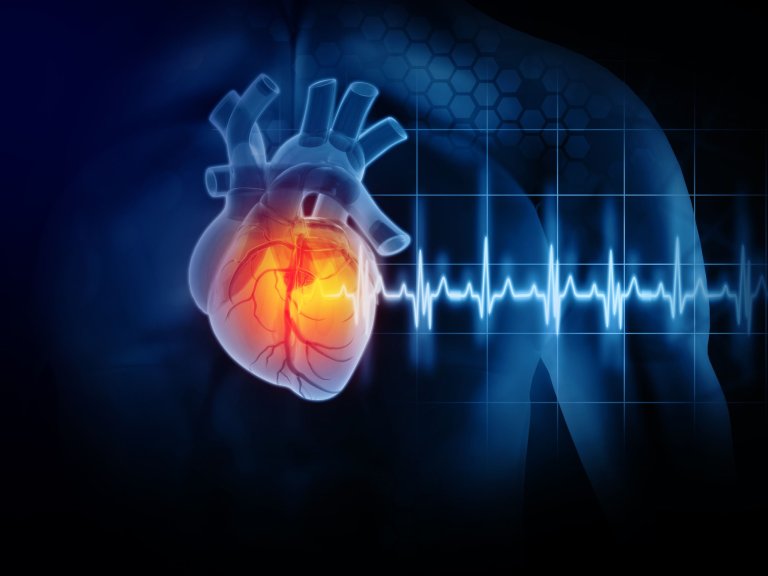The Dutch Research Council (NWO) has a special program for research by consortia in which both public and private parties work together: Research on Routes by Consortia (NWA-ORC). The grants are intended for research projects into urgent societal issues. Three consortia will be coordinated by Amsterdam UMC researchers.
Atrial Fibrillation
From co-creation to innovative animal-free solutions for bio-electrical organ dysfunction: a CIRCULAR research approach: Bianca Brundel, professor in Heart Failure & Arrhythmiasreceived 4.6 million euros funding for the CIRCULAR consortium to study triggers for atrial fibrillation (AF).
Huntington’s Disease
CureQ: Predict, Delay & Cure polyglutamine(Q) caused neurodegeneration: Eric Reits, professor in Cellular Imaging and his team will use the 4.7 million euros funding plus 8K from extra sources to predict, delay, and cure polyglutamine-caused neurodegeneration, including Huntington’s Disease, with a personalized treatment as the ultimate goal.
Juvenile crime
Screen & Intervene (SCIN) - Neurobiological assessments in screening and individual treatment decisions in the forensic youth setting: Lucres Nauta-Jansen, associate professor in Child and Adolescent Psychiatry received 1.9 million euros to integrate neurobiological with standard psychosocial assessments to better predict which interventions are most effective in the approach to juvenile crime.
Photography: Amsterdam UMC




